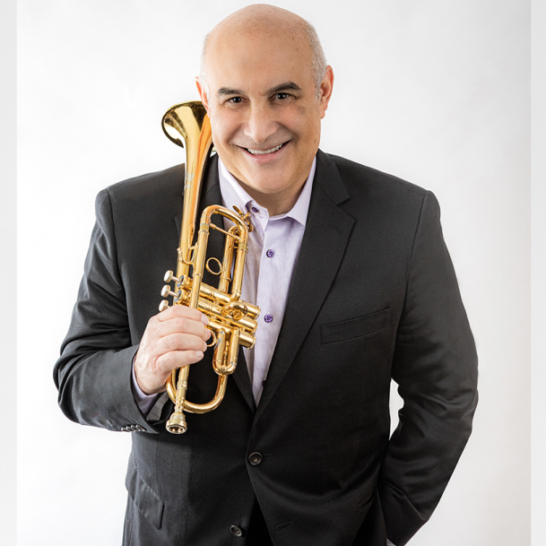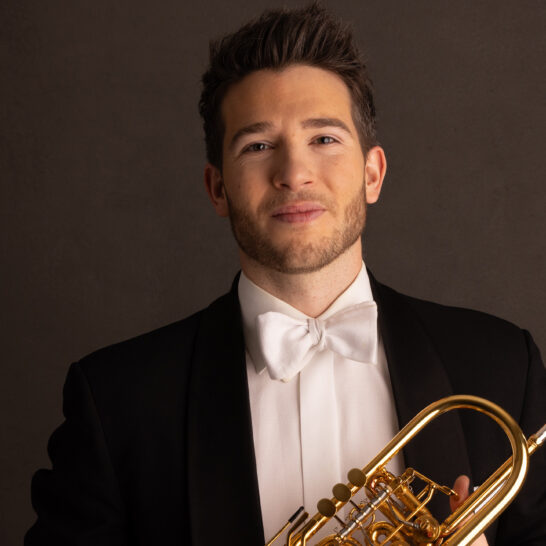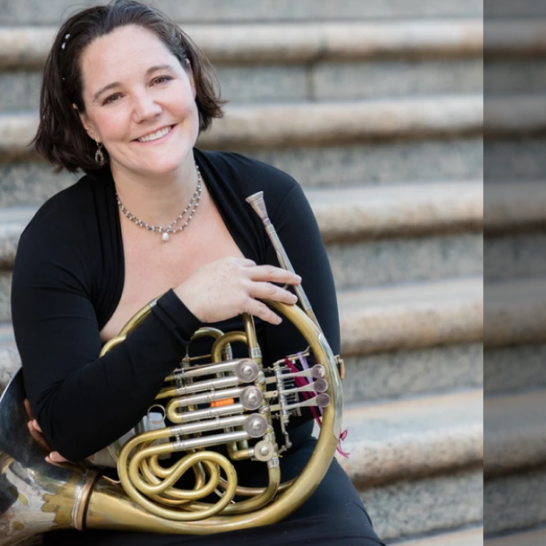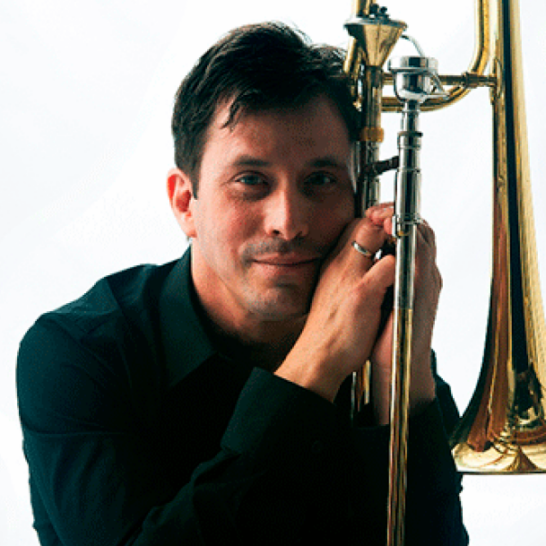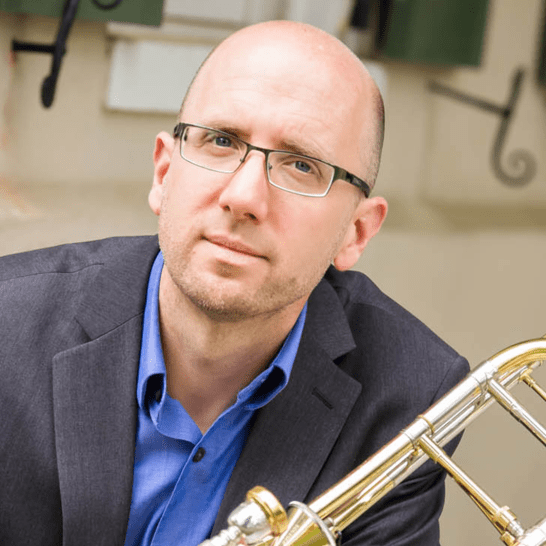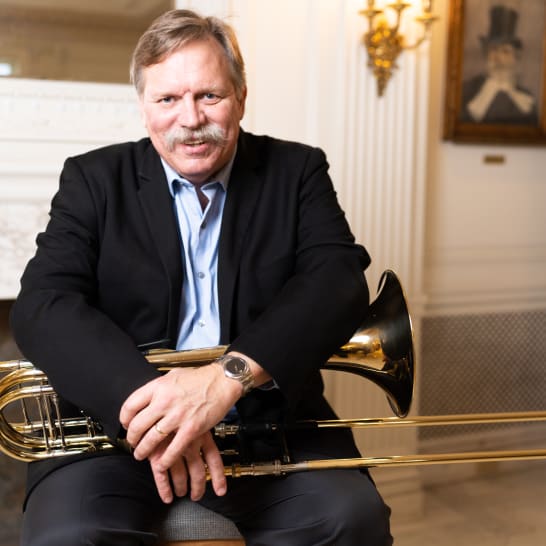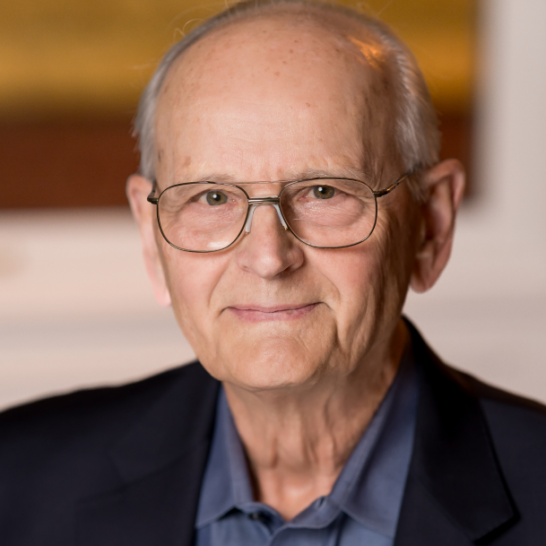Brass
The Curtis brass department integrates new students into the full musical life of the school from the moment they arrive.
Working with distinguished artist-faculty members, brass players study orchestral, solo, and concerto repertoire in private lessons, play in brass quintets and other chamber ensembles, perform in a brass choir with all brass students, and play in weekly studio classes, in addition to the many rehearsals and concerts of the Curtis Symphony Orchestra. Because of the small number of students enrolled at Curtis each year, each brass student receives constant playing opportunities and assignments.
Curtis aims to educate and train musicians for 21st-century careers as performers on the highest professional level, through a unique learn-by-doing approach. Students can expect to perform often on the Student Recital Series and in other school-sponsored recitals from the beginning of their Curtis careers.
Applicants who are admitted enter either the Bachelor of Music program or the diploma program. Those who already hold bachelor’s, master’s, or doctoral degrees or other certificates or diplomas are welcome to apply.
-
Curriculum
Learn MoreThe Curtis curriculum is designed to meet students where they are in their musical journeys and to offer instruction, guidance, and inspiration as they pursue their goals.
-
Audition Requirements
Learn MoreAuditions may consist of pre-recorded submissions, interviews, and in-person rounds during February and March. Audition dates, repertoire, and prescreening requirements vary by department.
Degree Programs
Degree programs available for those studying horn, trumpet, trombone, or tuba include the following:
Degree programs available for those studying bass trombone include the following:
Legacy of Brass
Founding brass faculty members Anton Horner and Philip Donatelli played a key role in shaping the very design of their instruments. Since then, Curtis graduates like Arnold Jacobs (’36) and Mary Elizabeth Bowden (’04) have continued to make a lasting impact on the music community, upholding Curtis’ legacy of innovation and excellence in brass.
